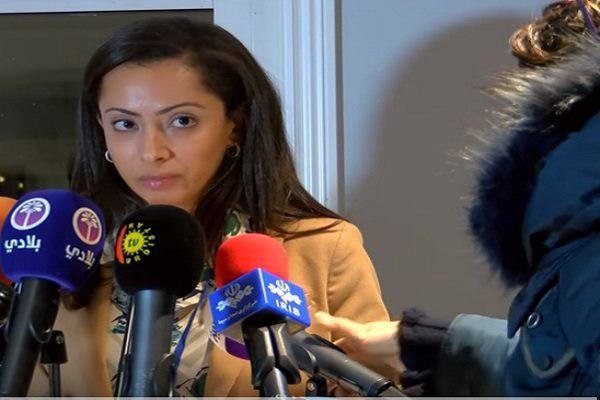She adds that “we are committed to continue working with both parties to reach agreement on the reopening of the Sanaa airport and other issues.”
Following is full text of his interview with Mehr News correspondent:
Stockholm talks in Sweden led to a cease-fire agreement in Al Hodeidah and other agreements. What do you think about these agreements?
Concerning the ceasefire agreement in Hodeidah, we believe that this agreement is a breakthrough. We are positive that both parties are committed to both the spirit and the provisions of the agreement. The ceasefire entered into force as of the first hour of Tuesday, and so far the reports we get from the UN people on the ground is that the ceasefire is generally holding, despite some sporadic incidents. The Redeployment Coordination Committee (RCC), which is the joint committee in charge of implementing the agreement, has just started its work. We are confident that RCC will ensure an effective and comprehensive implementation of the Hodeidah Agreement.
Will this agreement lead to an agreement on the Sana'a airport and to resolve other disagreements?
There was a draft agreement on re-opening the Sana’a airport that was discussed during the Sweden Consultation. We are committed to continue working with both parties to reach agreement on the reopening of the Sanaa airport and other issues. We hope that an agreement will be reached before the upcoming round of consultations, which is due to convene by the end of January.
Is it possible to have a permanent ceasefire in the Yemen?
A permanent ceasefire means reaching a peaceful settlement between the parties, and putting an end to the conflict. We are hoping the Sweden Consultations put us on track towards ending this conflict. What we see now is just the beginning of our work with the parties toward ending the conflict. As long as the conflict is still there, it is just not imaginable to have a nationwide ceasefire. We hope that the spirit we have seen during the Sweden Consultations, and the ceasefire in Hodeidah, and more broadly the agreement on Hodeidah, is going to have an impact on de-escalating the conflict at large.
What made the countries involved in the Yemen war come to the negotiating table?
There were no countries on the negotiations table. We repeated so many times that it is only Yemenis who are part of the formal consultations. We invited accredited ambassadors to Yemen to the opening segment and the closing segment of the consultations, which were the segments open to press too. Naturally there was collaboration with the ambassadors on relevant issues, whether between some of the ambassadors and our office, or between both parties and some of the ambassadors. This is how diplomacy works. Naturally you speak with representatives of the international community, and we all know that different actors and different representatives of the international community are needed to help resolve the conflict in Yemen. But they were not at any instant part of the consultations table per se.
What about the continuation of Saudi attacks to Yemen?
Well, right now in Hodeidah, we have a ceasefire. We hope that the ceasefire is going to represent a huge breakthrough on the way of resolving the conflict in Yemen, and ending the war. We are confident that all countries in the region understand the importance of bringing peace back to Yemen. This is important to regional stability, and the interests of different countries of the region.
Interview by: Javad Heirannia, Mehdi Zolfaghari
























Your Comment